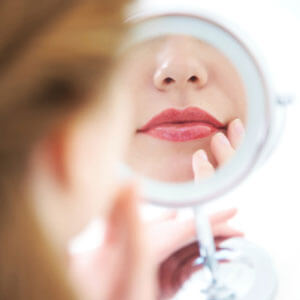Extractions

While our teeth were meant to last forever, sometimes when there’s severe damage pulling (or extracting) a tooth is necessary. The most common reasons you might need an extraction are:
- Trauma to the tooth
- Tooth decay
- Extra teeth
- Infection
- Wisdom teeth
- Periodontal disease
At Spencer Family Dental we will discuss all your treatment options with you so that together we can make an informed decision about whether or not extraction is the right choice for you.
![]()
The Process of Extracting a Tooth
Exam: A detailed exam or X-rays will be done to ensure an extraction is necessary and cannot be fixed with a crown, filling, or other treatment.
Anesthesia: The proper anesthetic will be given for a more relaxing procedure:
- Local anesthesia. Usually a local anesthetic is given to you in the area of your extracted tooth. If this is the case, the area will be numb to pain but you’ll still be able to feel pressure and noises from the procedure.
- General anesthesia. General anesthetics are used for more complex cases in which gums may need to be cut away or more than one tooth is extracted. This means you’re ‘put under’ for the procedure, usually through a gas or injected anesthetic.
After the extraction: KEEP BITING ON THE GAUZE FOR 30mins. Your blood should start to clot and begin to heal in the tooth’s empty socket. We’ll pack the area with gauze so that it can start the healing process.
Healing and Home Care
Maintenance: Do not spit, rinse or gargle for the next 24-48hrs. If your socket still continues to bleed, lie down with your head raised and bite on the extra gauze for another half and hour.
Pain control: Home care for an extraction can involve taking over-the-counter pain medications to help with any tenderness in the days following the procedure and should be taken before the anesthesia wears off. More complex extractions may involve additional prescriptions recommended by your dentist.
Eating: Soft, cold foods are recommended for the few days after the extraction. Try to avoid using straws as the sucking motion can complicate the healing process.
Cleaning: We recommend brushing as usual; a warm, salt water rinse 24 hours after the procedure to keep the area clean. Smoking should be refrained from for 24-72 hours.
Swelling: Ice packs may help reduce any swelling. There can also be stitches involved in more complex extractions, usually self-dissolving stitches.
It’s extremely important to follow after-care directions to prevent any complications. For example, the blood clot that forms after extraction can become dislodged and leave the hole exposed. This situation, called dry socket, can cause an infection so we strongly recommend taking it easy to ensure you heal properly. If any complications arise, please contact the surgery or if after hours please visit your nearest hospital.
If you’re suffering with a toothache, contact us today. We have HICAPS health fund processing, payment plans available and are on call for after hours or emergency appointments.
![]()


